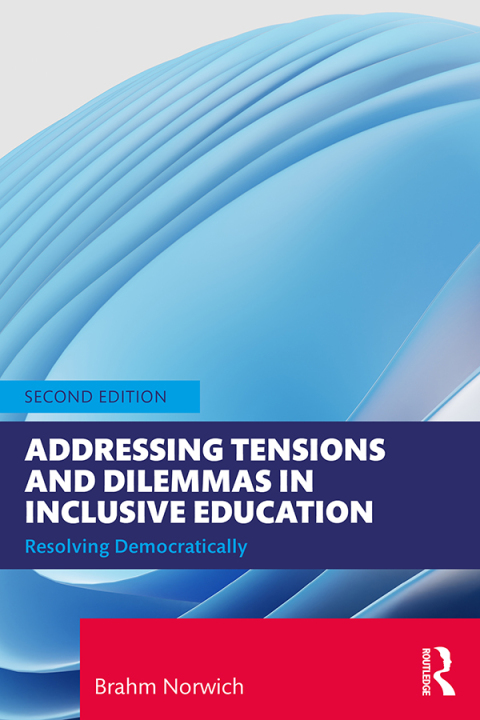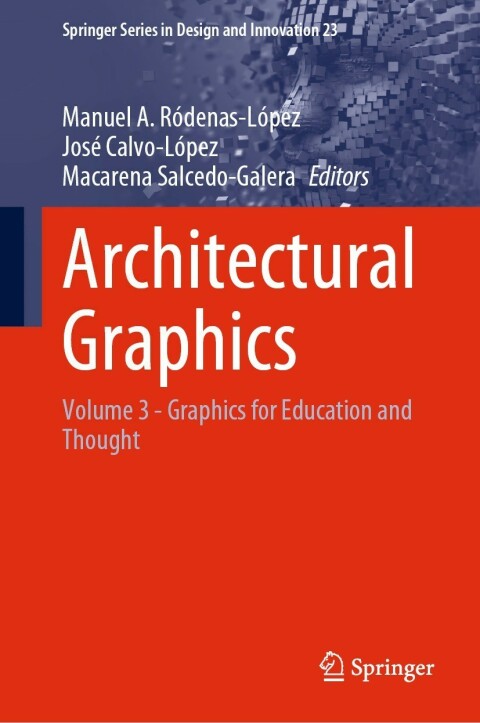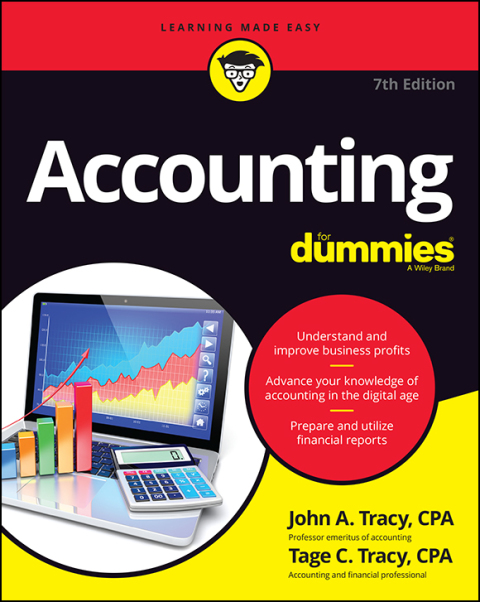Description
Efnisyfirlit
- Cover
- Half Title
- Title Page
- Copyright Page
- Table of Contents
- List of illustrations
- Preface
- Acknowledgements
- 1. Setting the agenda
- Introduction and context of the book:
- Theoretical concerns about inclusive education
- Practical concerns about inclusive education
- Book rationale and core ideas
- Basic stance taken in the book
- Organisation of the book
- 2. Special educational needs, barriers and disability
- Introduction
- Special educational needs: its original purposes and ambiguity
- Special educational needs: its uses and critiques
- Individual versus social perspective dichotomy
- Medical versus social models of disability
- Individual and social models of learning
- Critique of the ‘social model’
- The range of social approaches
- Beyond materialist and post-structuralist social models
- Concluding comments
- 3. Classification and identification of special educational needs or disability in education
- Introduction
- Different national models
- The concept of ‘special educational needs’ in English practice
- Arguments against current use of SEN term
- Perpetuating negative labelling
- Separatist industry
- As poorly defined super-category
- Relationship between SEN and wider group of ‘vulnerable’ children
- Fit with disability legislation
- Labelling: positive or negative
- Learner categories: real or socially constructed
- Dilemmas in identification
- Dilemmas of difference over identification
- A teaching based bio-psycho-social model
- Neurodiversity: radical promise and limitations
- Concluding comments
- 4. Inclusive curriculum issues
- Introduction
- Current curriculum issues
- Curriculum tensions and incompatibilities
- Social and philosophical tensions related to the curriculum
- Education and curriculum tensions and dilemmas
- Common versus differentiated curriculum
- Curriculum resolutions
- The nature of curriculum goals
- Universal design
- Concluding comments
- 5. Inclusive pedagogy
- Moves to inclusive teaching or pedagogy
- The concept of inclusive pedagogy
- Does inclusive pedagogy require specialist pedagogy?
- How useful is the concept of inclusive pedagogy or teaching?
- Practical issues in inclusive pedagogy or teaching
- Inclusive pedagogy: universal or balanced?
- Inclusive early literacy teaching; the integrated group reading approach
- Integrating a general difference and unique differences model of pedagogy
- Specialised pedagogy and continua of pedagogic strategies
- Concluding comments
- 6. Inclusive educational institutions: Schools and universities
- Introduction
- Origins and significance of inclusion
- Inclusive education and schooling: issues and tensions
- Dilemmas of difference in southern contexts
- Debates about inclusion
- Local authority organisational capacity
- School cluster organisational capacity
- School organisational capacity
- Stretch in the language of inclusive schooling
- Specialisation of schools
- Within school specialisation or differentiation
- Multi-dimensionality of inclusive schooling
- Challenges to inclusive schooling
- Continued protection of the purity of inclusion
- Inclusion in higher education
- Concluding comments
- 7. Parents and children: Participation, partnerships and preferences
- Introduction
- The views and experiences of children and young people with difficulties and disabilities
- Studies in the 2000s
- Studies since 2010
- Participation in practice
- Limits to participation and tensions between participation and protection
- Concepts of parental partnership
- Parent partnership and perspectives in practice
- Tensions and dilemmas in parental perspectives
- Social inclusion: autonomy and control in social interaction
- Choice–equity dilemma in education provision for children with disabilities and difficulties
- Concluding comments
- 8. Philosophical issues
- Introduction
- Conceptions of inclusion
- A right to inclusion: a human right?
- Inclusion as thin or thick concept
- Special educational needs: what went wrong?
- The promise of a capability approach
- Criticisms of capability approach
- Concluding comments
- 9. Researching inclusive education
- Recent historical debates
- Inclusive education research methodologies
- Unaddressed questions about inclusive education
- Concluding comments
- 10. Conclusions
- Introduction
- Central position
- Addressing tensions and dilemmas in inclusive education
- Hedgehog perspective re-stated
- Restoring a fox perspective
- Addressing tensions and dilemmas in policy
- Broader policy perspective
- Education Framework Commission
- Rationale for an EFC
- Summary points about addressing tensions and dilemmas in policy
- Concluding comments
- References
- Index






Reviews
There are no reviews yet.